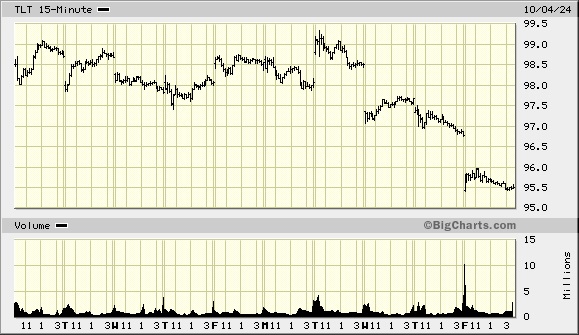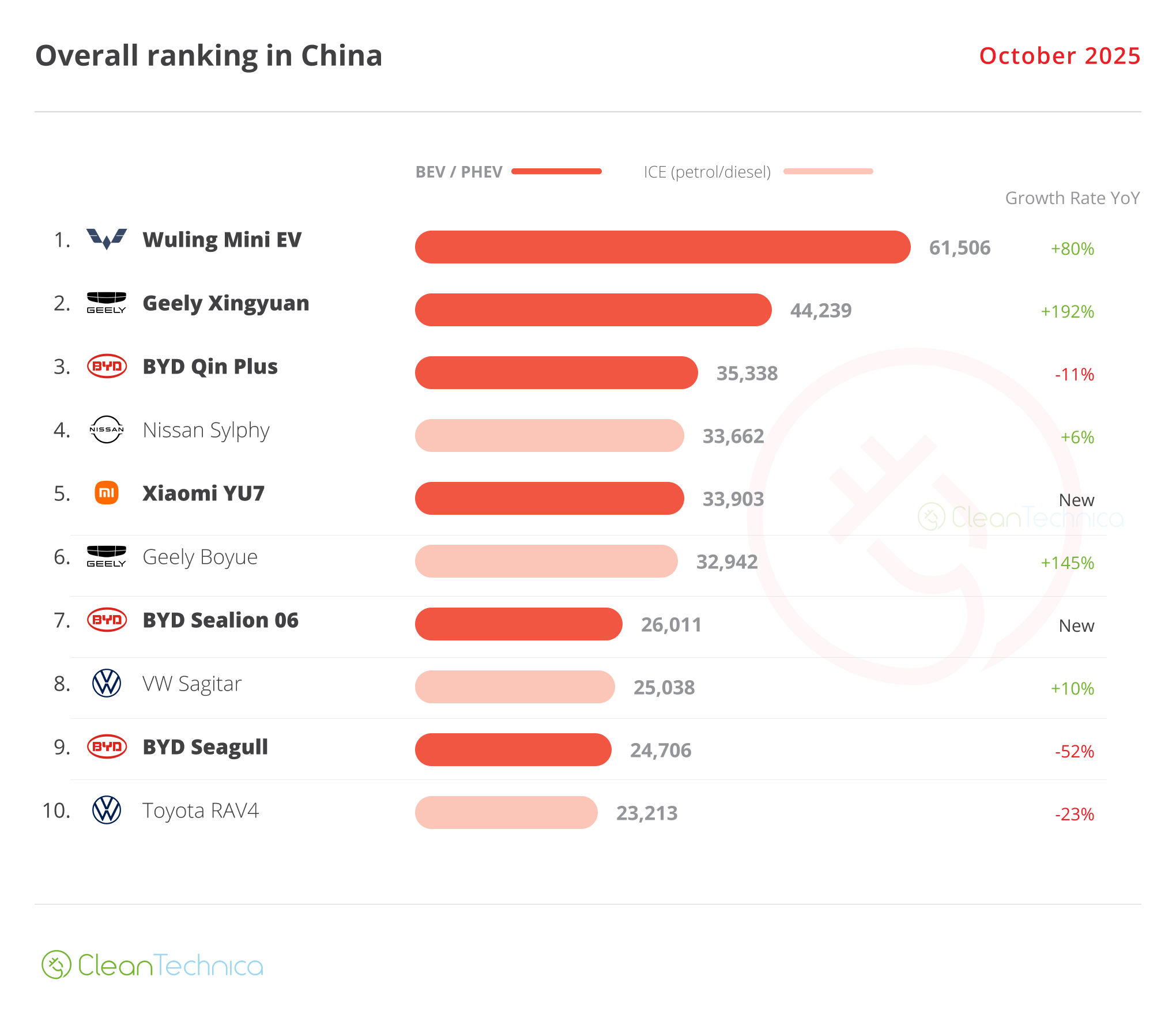FED CUTS RATES, BUT…
Just a couple of weeks ago, on September 18th, the Fed announced a 50 basis points cut in interest rates. To be clear, the announced cut was generally expected and already discounted in the markets. Most markets had risen substantially over the prior two years in anticipation of a change in direction for interest rates, which had risen sharply and then had remained at higher levels until the recent announcement.
Most investors and analysts appeared to be waiting for the Fed to confirm what was already “known and expected”. Reaction to the official announcement was mostly positive as stock prices continued their upward march and mortgage rates declined.
Bond prices, however, peaked at about the same time the Fed made official its latest gratuitous action. Over the past three days, bond prices have dropped sharply, gapping down at the market open each day. Below is a chart of TLT (20+ Year Treasury Bond ETF)…

Since the Fed announcement, TLT has dropped from a 52-week peak of 101.64 to 95.55 at today’s close. That is a drop of 6% in bond prices at a time when other markets are shouting approval of Fed action and extending recent gains. Why are bond rates rising at the very time the Fed is trying to move interest rates lower?
INFLATION? RECESSION?
A singular possibility is that the bond market sees something other markets don’t; at least, not yet. What is likely troubling to the bond market at this time is the threat of a resurgence of inflation; more correctly, the effects of inflation. Cheaper money and credit now, in the short term, could have serious negative consequences later on. Bigger increases in the CPI and PPI will get everyone’s attention.
A peculiar contradiction to the rise in bond rates is the fact that mortgage rates have declined. In other words, mortgage rates are reflecting what might be expected to happen as a result of the Fed’s efforts to engineer rates lower for now. But, that does not explain why bond rates would move opposite to the Fed’s action and intent.
Finally, the bond market may be ahead of the curve with respect to what comes next. Stock investors seem almost oblivious to the reality of accelerating deterioration in the economy. Stock prices will eventually reflect that reality. (see If The Markets Turn Quickly, How Bad Can Things Get)
Also, the bond market might be telling us that rates need to move higher, and remain at a higher level that is more consistent with historical averages. This could happen in spite of the Fed’s efforts to lower rates, regardless of intention and desire. (also see What Happens After A Rate Cut Is Announced?)
Kelsey Williams is the author of two books: INFLATION, WHAT IT IS, WHAT IT ISN’T, AND WHO’S RESPONSIBLE FOR IT and ALL HAIL THE FED
*******



